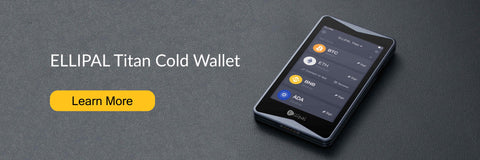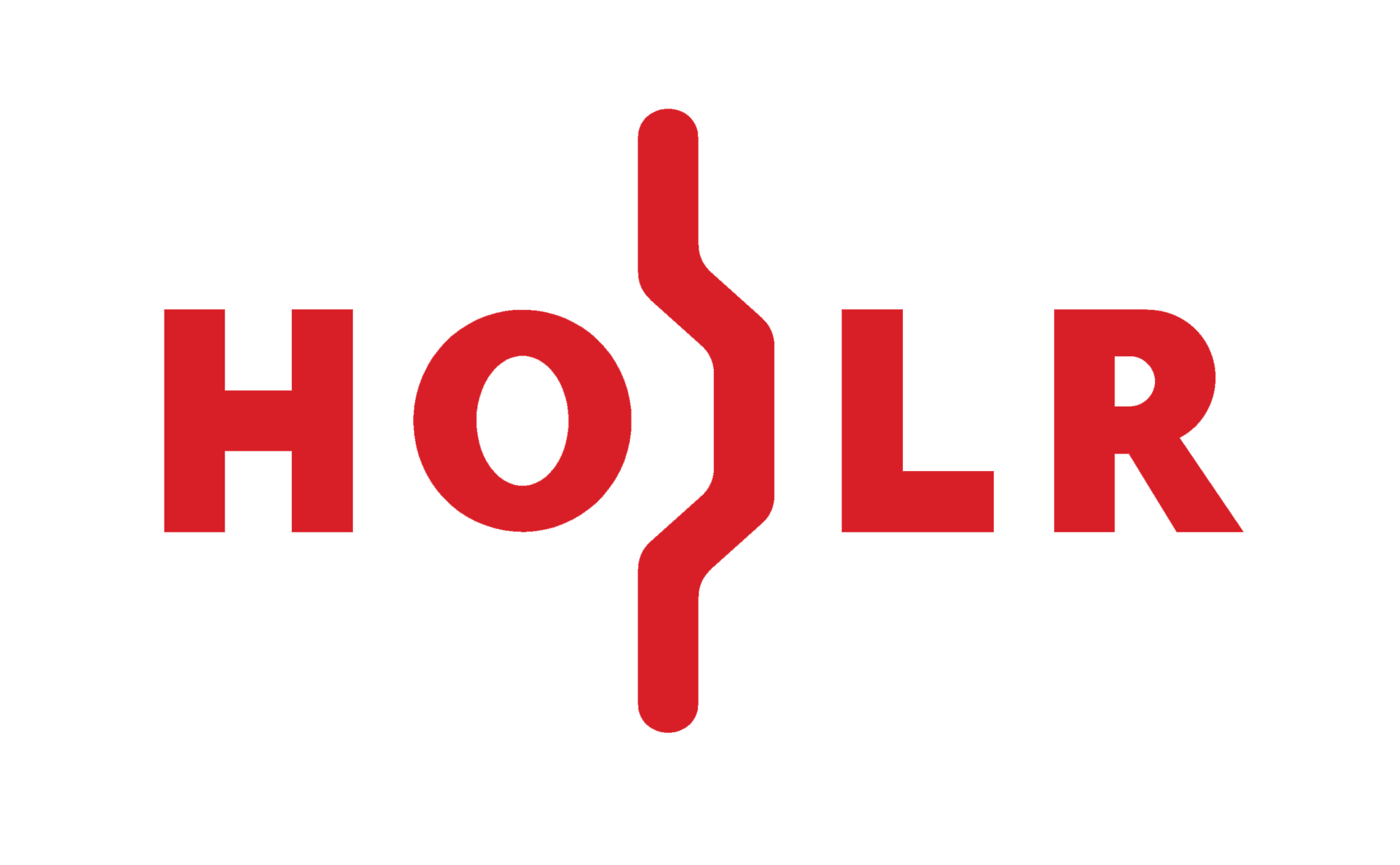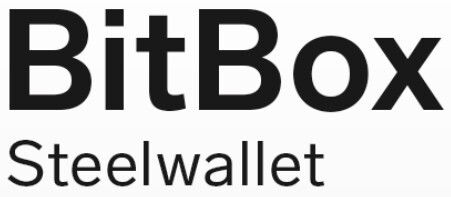What is the Proof-of-Keys day?
In the last few years, January 3rd has become known as "Proof-of-Keys day" within the Bitcoin community. On this day, Bitcoin users are encouraged to withdraw their bitcoin from exchanges and prove that they have control of their own private keys.
What is Proof-of-Keys day?
First started by Trace Meyer in 2019, Proof-of-Keys day is an annual event that serves as a reminder for Bitcoin users to take control of their own financial sovereignty by holding their own private keys. It is a way for users to demonstrate that they are not reliant on any third party, such as an exchange, to keep their bitcoin safe and accessible.
The risks of holding bitcoin on an exchange
There are several risks associated with holding your bitcoin on an exchange, rather than in a self-custodial wallet where you control the private keys. One of the main risks is the possibility of the exchange being hacked or going bankrupt. If this happens, you could lose access to your bitcoin.
For example, in 2014, the Mt. Gox exchange was hacked and lost 850,000 bitcoin, valued at over $450 million at the time. Many users lost access to their bitcoin and were unable to recover it, leading to significant financial losses.
In addition to these threats, there is also the issue of counterparty risk. When you hold your bitcoin on an exchange, you are trusting that the exchange will not only keep your bitcoin safe, but also that they will allow you to access and withdraw it whenever you want. This is not always a given, as exchanges have been known to freeze user accounts or even refuse to process withdrawals under certain circumstances.
For instance, in 2017, the popular exchange Coinbase froze the accounts of users who were purchasing bitcoin using credit cards, citing fraud concerns. This led to users being unable to access their bitcoin or make transactions with it.
Only self-custodial Bitcoin is real Bitcoin
Given the risks associated with holding your bitcoin on an exchange, it is clear that self-custodial Bitcoin is the only way to truly own and control your bitcoin. When you hold your own private keys, you are not reliant on any third party to keep your bitcoin safe or to allow you to access it.
When a lot of bitcoin is held on centralized exchanges, the risk of “paper Bitcoin” increases. “Paper Bitcoin” refers to bitcoin that is seemingly present in your exchange account, but not backed by actual Bitcoin. Because of this, there can be an infinite amount of paper Bitcoin, which does not have to adhere to the 21 million supply limit of Bitcoin. Only recently, users of insolvent crypto exchange FTX lost over $10 billion in crypto assets, because their accounts were not backed by any real assets.
In addition to the security and control that self-custodial Bitcoin provides, it also aligns more closely with the principles of decentralization and financial sovereignty that are at the heart of the Bitcoin network. When users hold their own private keys, they are not subject to the whims of centralized entities like exchanges. Instead, they are able to participate fully in the decentralized network and truly be their own bank.
Conclusion
Proof-of-Keys day is an important reminder for Bitcoin users to take control of their own financial sovereignty by holding their own private keys. While it may be convenient to hold your bitcoin on an exchange, it is ultimately a risky proposition that can lead to the loss of your bitcoin. By contrast, self-custodial Bitcoin puts users in control of their own funds and aligns with the principles of decentralization and financial sovereignty that underpin the Bitcoin network. By taking control of their own private keys, Bitcoin users can securely and confidently participate in the decentralized network.
Celebrating self custody with our biggest discount yet
Learn more about the best TOP 30 hardware cryptocurrency wallets
You can see this list here.
TOP 29 Hardware Wallets, the Official Online Stores
| 1 |  | Trezor hardware wallet, the official online store |  |
| 2 |  | Ledger hardware wallet, the official online store |  |
| 3 |  | KeepKey hardware wallet, the official online store |  |
| 4 |  | BitBox02 hardware wallet, the official online store |  |
| 5 |  | CoolWallet hardware wallet, the official online store |  |
| 6 |  | ELLIPAL hardware wallet, the official online store |  |
| 7 |  | D'CENT hardware wallet, the official online store. |  |
| 8 |  | SafePal hardware wallet, the official online store |  |
| 9 |  | SecuX hardware wallet, the official online store |  |
| 10 |  | BC Vault hardware wallet, the official online store |  |
| 11 | 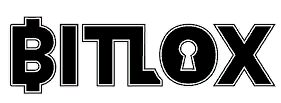 | BitLox hardware wallet, the official online store |  |
| 12 |  | Keystone hardware wallet, the official online store |  |
| 13 | 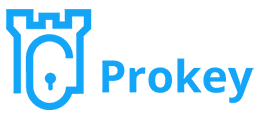 | ProKey hardware wallet, the official online store |  |
| 14 |  | NGRAVE hardware wallet, the official online store |  |
| 15 | 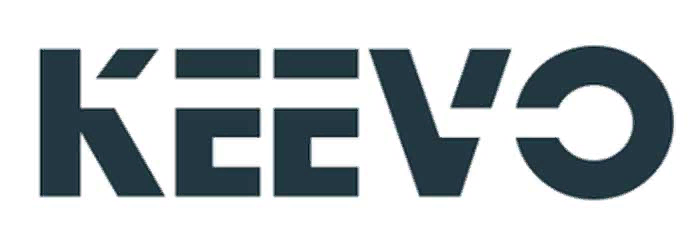 | Keevo hardware wallet, the official online store |  |
| 16 | 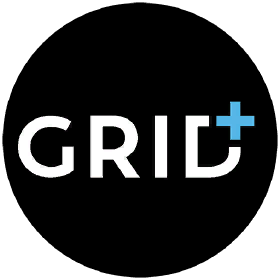 | GridPlus hardware wallet, the official online store |  |
| 17 |  | Ballet hardware wallet, the official online store |  |
| 18 | 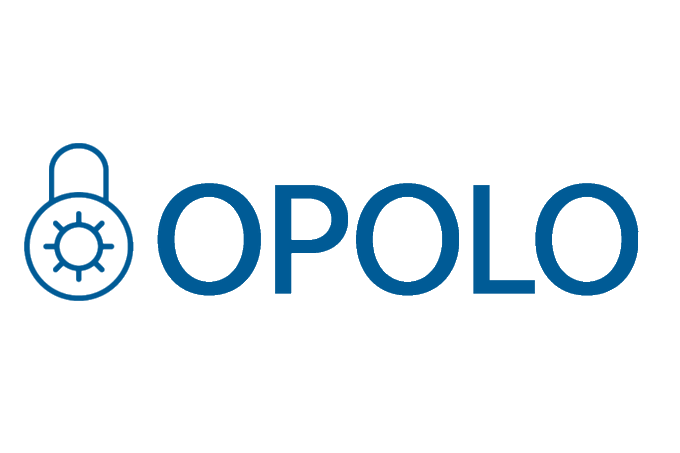 | OPOLO hardware wallet, the official online store |  |
| 19 |  | Foundation (Passport) hardware wallet, the official online store |  |
| 20 |  | ImKey hardware wallet, the official online store |  |
| 21 |  | Tangem hardware wallet, the official online store |  |
| 22 |  | HashWallet hardware wallet, the official online store |  |
| 23 |  | Material Bitcoin hardware wallet, the official online store |  |
| 24 |  | ShieldFolio hardware wallet, the official online store |  |
| 25 |  | OneKey hardware wallet, the official online store |  |
| 26 |  | Blockstream Jade hardware wallet, the official online store |  |
| 27 |  | Cypherock hardware wallet, the official online store |  |
| 28 |  | Keepser hardware wallet, the official online store |  |
| 29 | 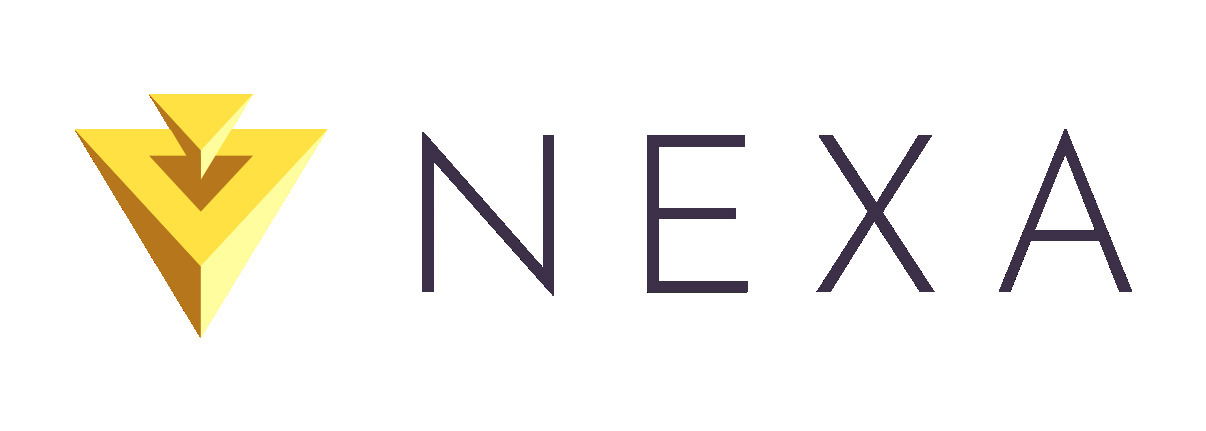 | NEXA hardware wallet, the official online store |  |
